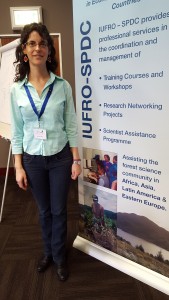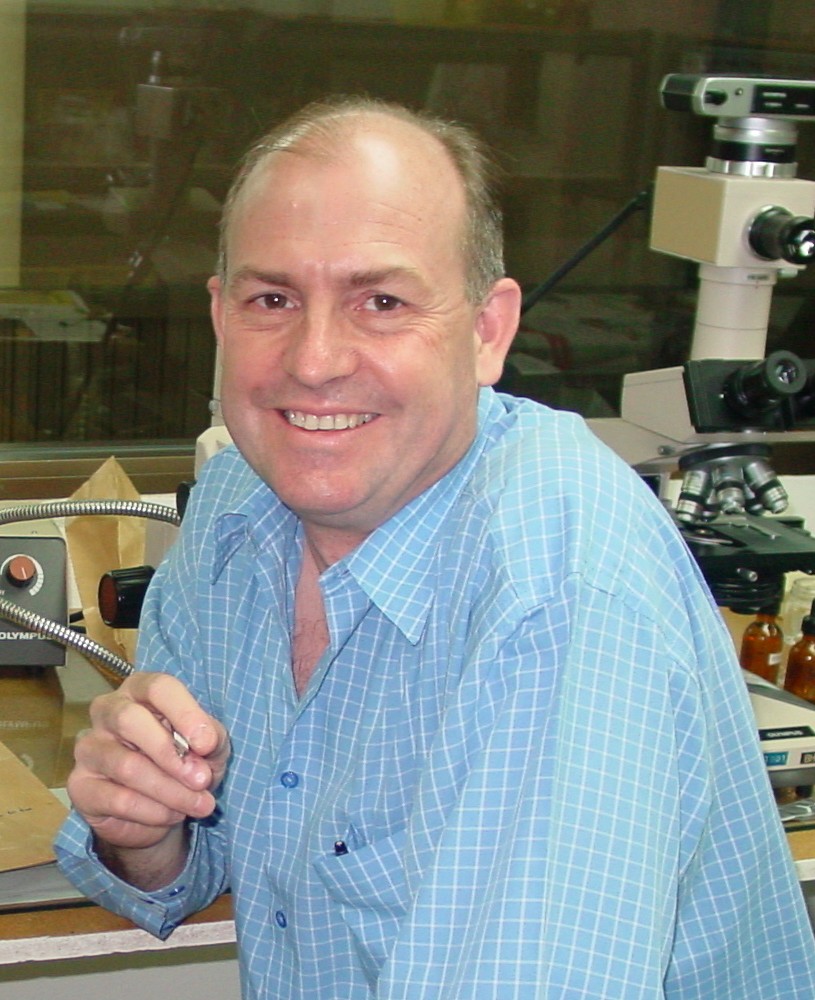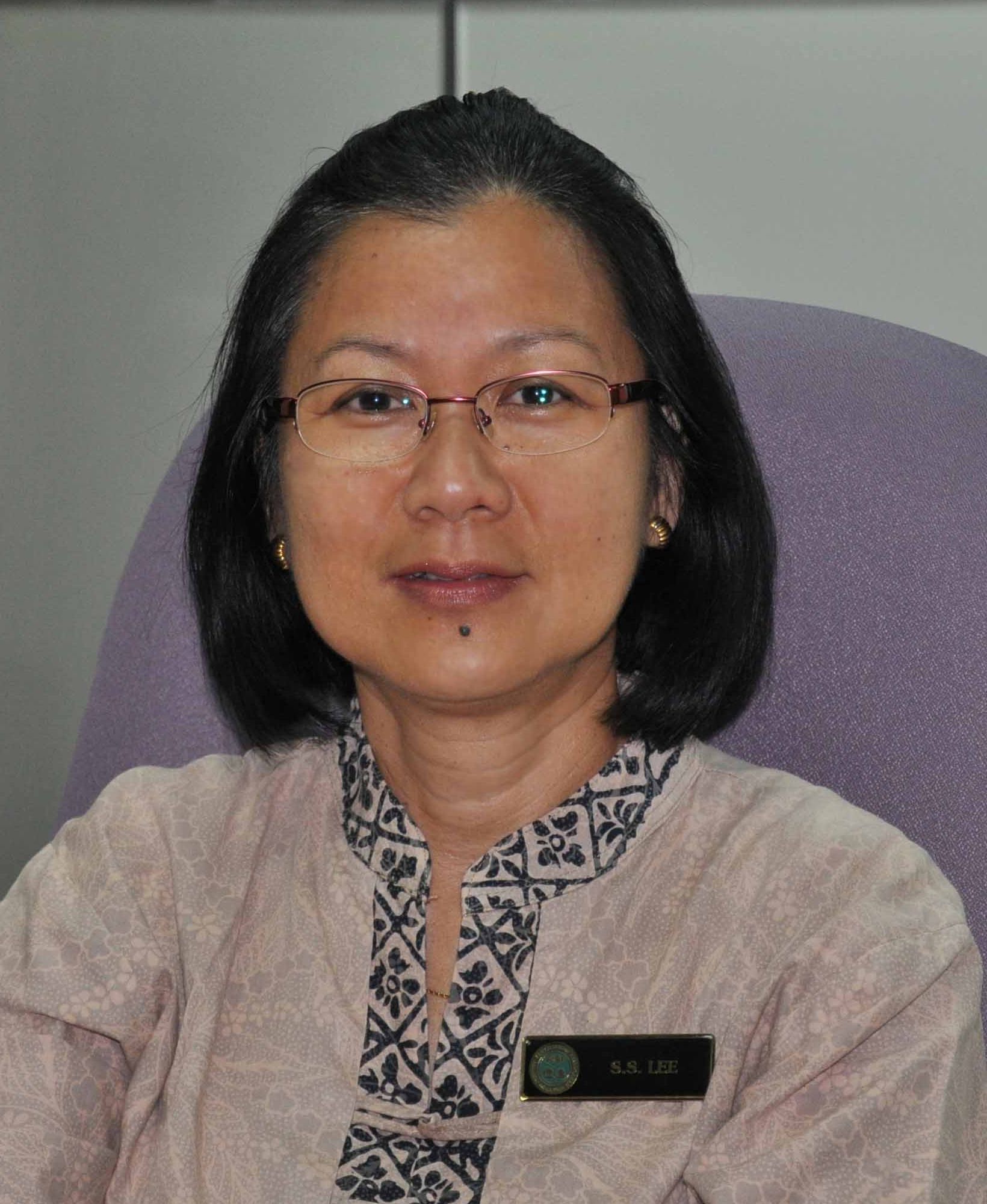Interview with Professor Zhang Shougong, Chinese Academy of Forestry (CAF)
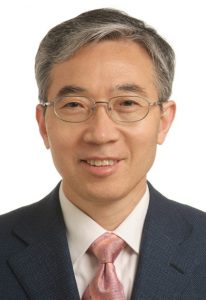
Professor Zhang Shougong, Chinese Academy of Forestry (CAF)
Keynote speaker at the IUFRO Regional Congress for Asia and Oceania –
Forests for Sustainable Development: The Role of Research
Professor Zhang, the IUFRO Regional Congress for Asia and Oceania 2016 is jointly organized by IUFRO and the Chinese Academy of Forestry. This is the first Congress of its kind to be held in the region of Asia and Oceania and will offer an extraordinary opportunity for enhancing forest science cooperation. You are one of the leading scientists in silviculture and forest management in China and have a long experience in the establishment of planted forests on the one hand, and sustainable forest management on the other hand. The Congress will particularly focus on these two areas with its themes “Planted forests for fostering a greener economy”, and “Sustainable forest management for enhanced provision of ecosystem services”. Read more…
Interview with Don Koo Lee, Professor Emeritus, Seoul National University, Republic of Korea
Keynote speaker at the IUFRO Regional Congress for Asia and Oceania – Forests for Sustainable Development: The Role of Research
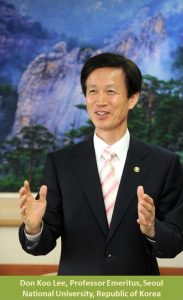 Professor Lee, the overarching theme of this IUFRO Regional Congress for Asia and Oceania is “Forests for Sustainable Development: The Role of Research”. When you gave your opening speech as President of IUFRO at the XXIII IUFRO World Congress 2010 in Seoul, you stressed the importance of sustainability, equity, growth and development and the need to understand that “Forest is our life, our hope, and our future.”
Professor Lee, the overarching theme of this IUFRO Regional Congress for Asia and Oceania is “Forests for Sustainable Development: The Role of Research”. When you gave your opening speech as President of IUFRO at the XXIII IUFRO World Congress 2010 in Seoul, you stressed the importance of sustainability, equity, growth and development and the need to understand that “Forest is our life, our hope, and our future.”
Q: What would you say has been achieved in the quest for sustainable development since the 2010 IUFRO World Congress?
A: Since then the important role of forests for life, hope and future has been further strengthened internationally by collaborative partnership activities, (e.g. co-research, advanced studies, site visits, trainings, conferences, etc.) especially in Asia, Africa and Latin America, as well as nationally by the Forest For Life National Movement in Korea. Read more…
Interview with Professor Makoto Yokohari Graduate School of Engineering, The University of Tokyo, Japan
Keynote speaker at the IUFRO Regional Congress for Asia and Oceania – Forests for Sustainable Development: The Role of Research
The Role of Forests in Urban Green Spaces
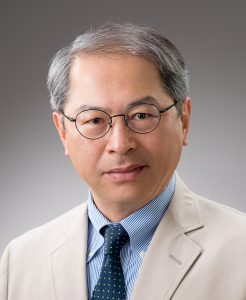
Professor Makoto Yokohari, Graduate School of Engineering, The University of Tokyo, Japan
Professor Yokohari, landscape and urban planning, urban ecology, and ecological landscape design are at the core of your academic interests. The IUFRO Regional Congress for Asia and Oceania draws attention to the particular role that forests play for the sustainable development in urban and peri-urban areas and has identified “Urban forestry for human health and community well-being” as one of its key themes.
Q: Urban green spaces have significantly gained in importance worldwide in view of rapid urbanization of society and the development of megacities. What are the major benefits of urban green spaces in general?
A: Three clusters of ecological functions, or benefits, can be listed, which are “human comfort”, “conservation of physical environment” and “conservation of biological environment”. The first cluster includes functions as landscape conservation and recreational uses, the second includes microclimate control and water retention, and the third includes conservation of ecosystems and biodiversity. Read more…
Interview with Dr Elspeth MacRae, Scion, New Zealand
Keynote speaker at the IUFRO Regional Congress for Asia and Oceania – Forests for Sustainable Development: The Role of Research
Forests and the Bioeconomy: challenges and opportunities
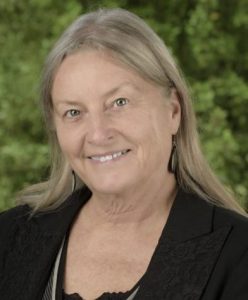
Dr. Elspeth MacRae. Scion Photo
Innovative technologies for bio-energy, bio-materials and other products will be one of the major themes at the IUFRO Regional Congress for Asia and Oceania on 24-27 October 2016 in Beijing, China. Dr Elspeth MacRae leads wood and fibre processing activities, including biorefinery, biodiscovery and bioplastics at Scion, New Zealand. Her keynote speech will highlight state-of-the-art biotech research and the role of bioproducts. Read more…
A Conversation with a Conservation Leader: John Parrotta
John Parrotta, the national program leader for international science issues in Forest Service Research and Development, is a co-author of “Forests, Trees and Landscapes for Food Security and Nutrition: A Global Assessment Report” recently released by the International Union of Forest Research Organizations, or “IUFRO.” The report says that although conventional agriculture will remain the major source of food for people around the globe, the link between forests and food production and nutrition could be a key to ending world hunger. Read more…
Local approach is crucial to making forest and landscape restoration a success
A 3-day training workshop on science-policy interactions for forest and landscape restoration took place on 4-6 September 2015 in Durban, South Africa, prior to the World Forestry Congress. The workshop was organized by IUFRO’s Special Programme for Development of Capacities (SPDC) in collaboration with the World Resources Institute (WRI), and brought together a group of 14 early and mid-career scientists, educators and professionals from developing countries in Africa, Asia, and Latin America. http://www.iufro.org/science/special/spdc/actproj/twdurban/ Read more…
Learning how others deal with forest & landscape restoration and applying new knowledge at home
Interview with four participants of the IUFRO-SPDC/WRI training workshop on science-policy interactions for forest and landscape restoration on 4-6 September 2015 in Durban, South Africa, prior to the World Forestry Congress: http://www.iufro.org/science/special/spdc/actproj/twdurban/
Mercedes Sá is a Forestry Engineer from Argentina. She works for the national government in the Directorate of Forestry. She is not a traditional scientific researcher because her every day work is related with the supervision of conservation and management plans of native forestry resources, including restoration activities, that all the provinces of Argentina approve for the compensation of environmental services under the framework of a National Law. Read more…
Tackling the Complex Relationship Between Forests and Society
Interview with IUFRO Division 9 Coordinator Daniela Kleinschmit
Assoc. Prof. Dr. Daniela Kleinschmit is Coordinator of IUFRO Division 9 “Forest Policy and Economics”. She is heading the unit on forest policy research at the Swedish University of Agricultural Sciences (SLU).

Photo provided by Daniela Kleinschmit
Q: Dr. Kleinschmit, how did you get involved in IUFRO and in how far has your work and career in IUFRO been beneficial for your scientific endeavors?
A.: I got involved in IUFRO about 12 years ago thanks to the supervisor of my PhD thesis, Max Krott. My first IUFRO conference was the World Congress in Kuala Lumpur in 2000. It was fascinating to meet peers from all over the world and exchange ideas, experiences and knowledge. Personal contacts are particularly helpful for developing transnational research projects and writing or organizing publications such as special issues of journals. In addition, a network like IUFRO helps to raise awareness for new triggering questions. Read more…
IUFRO’s Strength Lies at the Grass Roots
Interview with Michael Wingfield, IUFRO Vice-President for Divisions
Q.: Professor Wingfield, as Director of the Forestry and Agricultural Biotechnology Institute FABI (see IUFRO Featured Members Section: http://www.iufro.org/featured-member-of-the-month/article/2011/09/22/forestry-and-agricultural-biotechnology-institute-fabi/) based at the University of Pretoria, South Africa, you are at the forefront of forest research. What are the major challenges underpinning successful forest research today?
I have the privilege to lead a very exciting research institute that has a strong focus on various aspects of forestry genetics, biotechnology and tree health. What I think is important to recognize is that forestry is an incredibly broad discipline and the forefront of research in forestry stretches across the biological and natural sciences, engineering and the social sciences. In this respect, it is difficult to clearly define forest research, let alone understand the forefronts of research in this field. Read more…
Interview with Dr. Su See Lee, IUFRO Vice-President for Task Forces, Special Programmes, Projects and IUFRO-led Initiatives
Q: Dr. Lee, you are a senior scientist with the Forest Research Institute of Malaysia (FRIM) specialized in forest pathology. Why did you choose a career in forest science in the first place?
A: I have always been interested in biology and decided to specialize in botany for my first degree at the University of Malaya. That led me to my first job as a tutor at the Faculty of Forestry, Universiti Pertanian Malaysia (UPM) with the opportunity to also pursue my Masters degree at that university. UPM subsequently appointed me as a lecturer in the faculty to teach and conduct research mainly in forest pathology.
A grant from the International Foundation for Science (IFS) started me off on my first research project on dipterocarp mycorrhizas which sparked off my interest to pursue my Ph.D. at the University of Aberdeen. From then on, I was totally hooked on unraveling the many unknowns in tropical forest biology, in particular, the intricate and complicated relationships between fungi and trees. In 1990 when the chance came to take up a full-time research position at FRIM, I decided to switch from academia to full-time research and have since been enjoying conducting research into diseases of tropical forest trees, dipterocarp ectomycorrhizas, macrofungal diversity and also ethnomycology. Read more…

